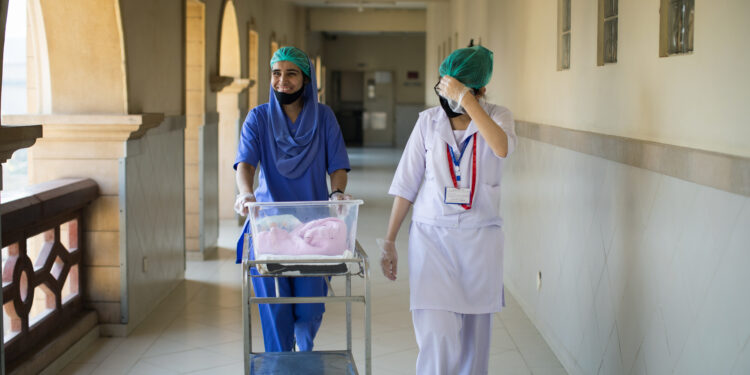Midwives, Women and Human Rights

Background
The ICM International Code of Ethics for Midwives (1) emphasises the importance of midwives recognising, advocating for, and respecting the Human Rights of all people, especially for women. Specifically, section 3-d reads: “Midwives understand the adverse consequences that ethical and human rights violations have on the health of women and infants and will work to eliminate these violations”. The World Health Organization (WHO) has identified the need to enhance the rights of women to safeguard and promote their health and that of their families. ICM testifies to its support for the Human Rights of all women. It also recognises that the majority of midwives are women and therefore likely to experience the same neglect of their Human Rights as the women who come to them for health care.
Position
In accord with the International Code of Ethics for Midwives, and the UN Universal Declaration of Human Rights, ICM underscores that women are worthy of respect and are to be treated with dignity in all situations.
ICM supports all efforts to empower women – including midwives – to gain their Human Rights, and the understanding of the responsibilities that accrue in exercising such rights.
ICM acknowledges the complexities of working towards Human Rights, especially where there may be tension for the individual midwife or woman between the general ethical principles she supports and the values or practices prevalent in her own family or community.
Recommendations
Member associations are urged to:
- support all women in the achievement of Human Rights by taking action to adopt this statement within their organisations; disseminating it widely among midwives, colleagues in other disciplines and health policy-makers;
- provide continuing education on topics related to Human Rights for women in their communities.
Midwives are urged to:
- strive to implement an ethical and Human Rights approach to health care in all settings
- promote the inclusion of the principles of ethics and Human Rights within the midwifery curriculum worldwide
Source: ICM. 2014 International Code of Ethics for Midwives
Related ICM Documents
Other Relevant Documents
- WHO. 2015. Factsheet No 323. Health and Human Rights. http://www.who.int/mediacentre/factsheets/fs323/en/. [accessed 15-12-2016] WHO. 2015. Sexual health, human rights and the law. http://apps.who.int/iris/bitstream/10665/175556/1/9789241564984_eng.pdf?ua=1 [accessed 15-122016]
- IPPF Charter on Sexual and Reproductive Rights: Vision 2000 (1996)
- IPPF. 2008. Sexual Rights. An IPPF Declaration. http://www.ippf.org/sites/default/files/sexualrightsippfdeclaration_1.pdf [accessed 15-12-2016]
- UNFPA. Beijing at 15. UNFPA and Partners Charting the Way Forward. (2010) UN. 1948. Universal Declaration of Human Rights. http://www.ohchr.org/EN/UDHR/Documents/UDHR_Translations/eng.pdf [accessed 15-12-2016]
- UN Women. 1979. Convention on the Elimination of All Forms of Discrimination against Women. http://www.un.org/womenwatch/daw/cedaw/ [accessed 15-12-2017]
Adopted at Vienna International Council meeting, 2002
Revised Toronto International Council meeting, 2017
Due for next review 2023
PS2011_013V2017

